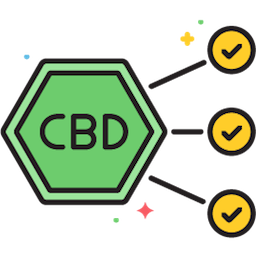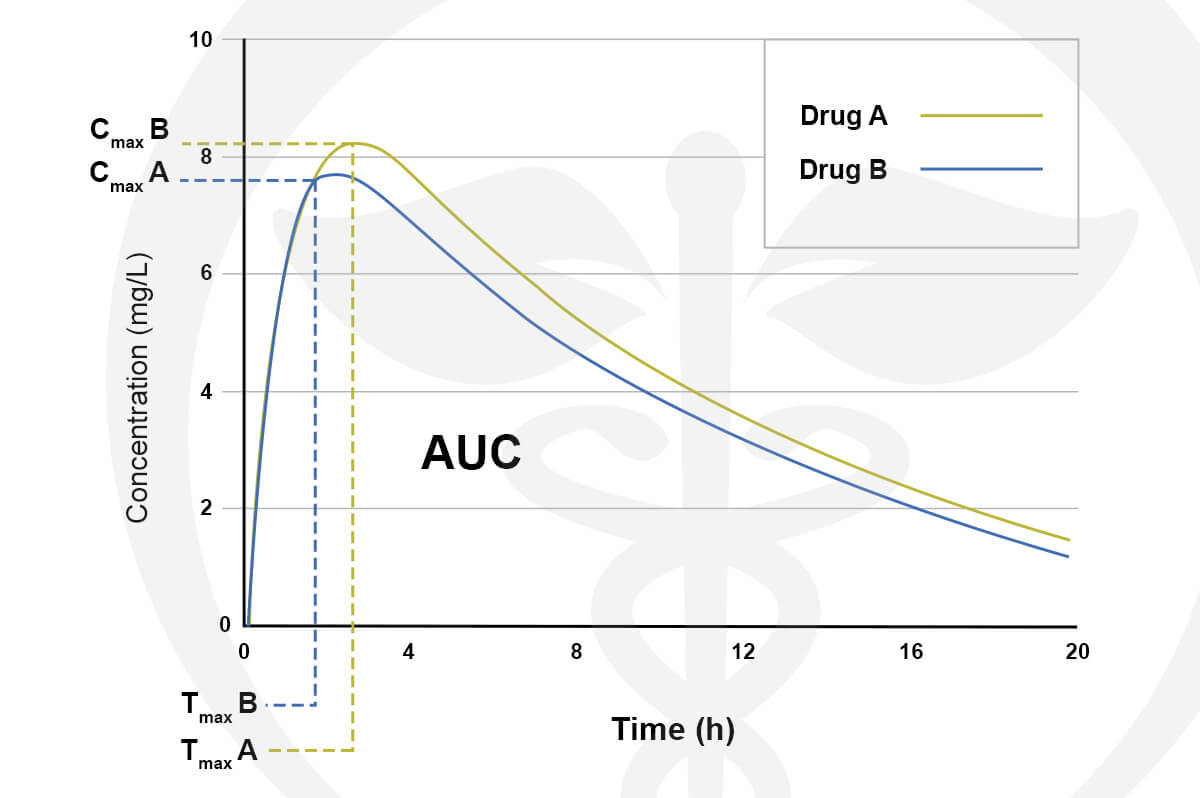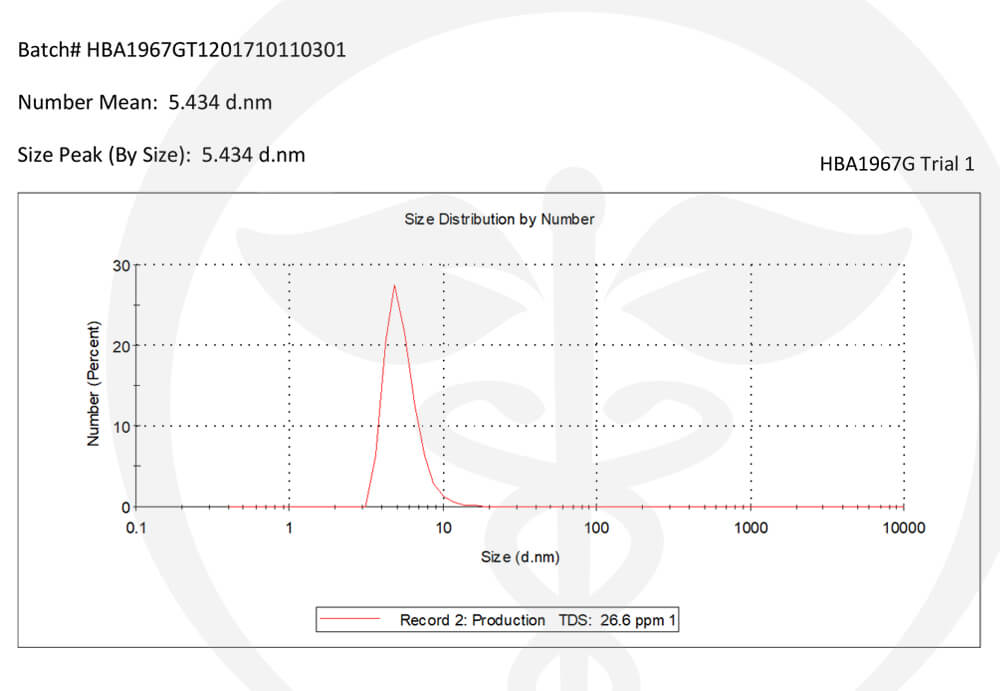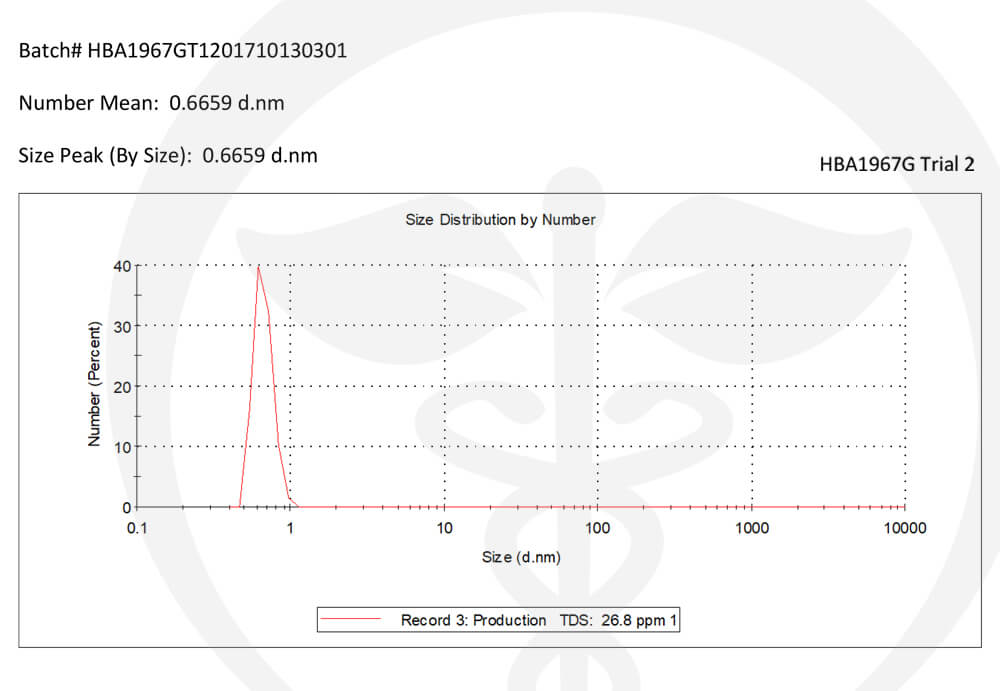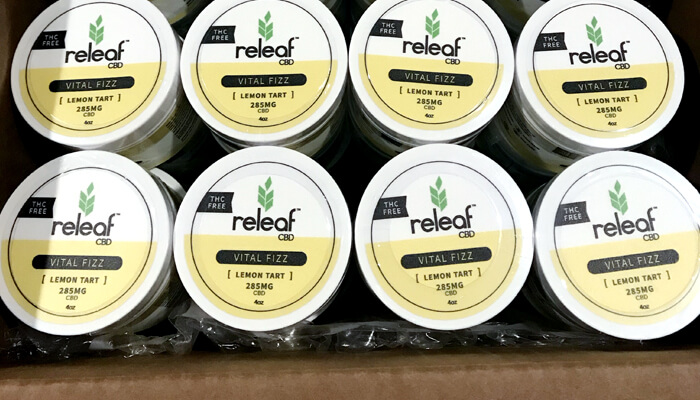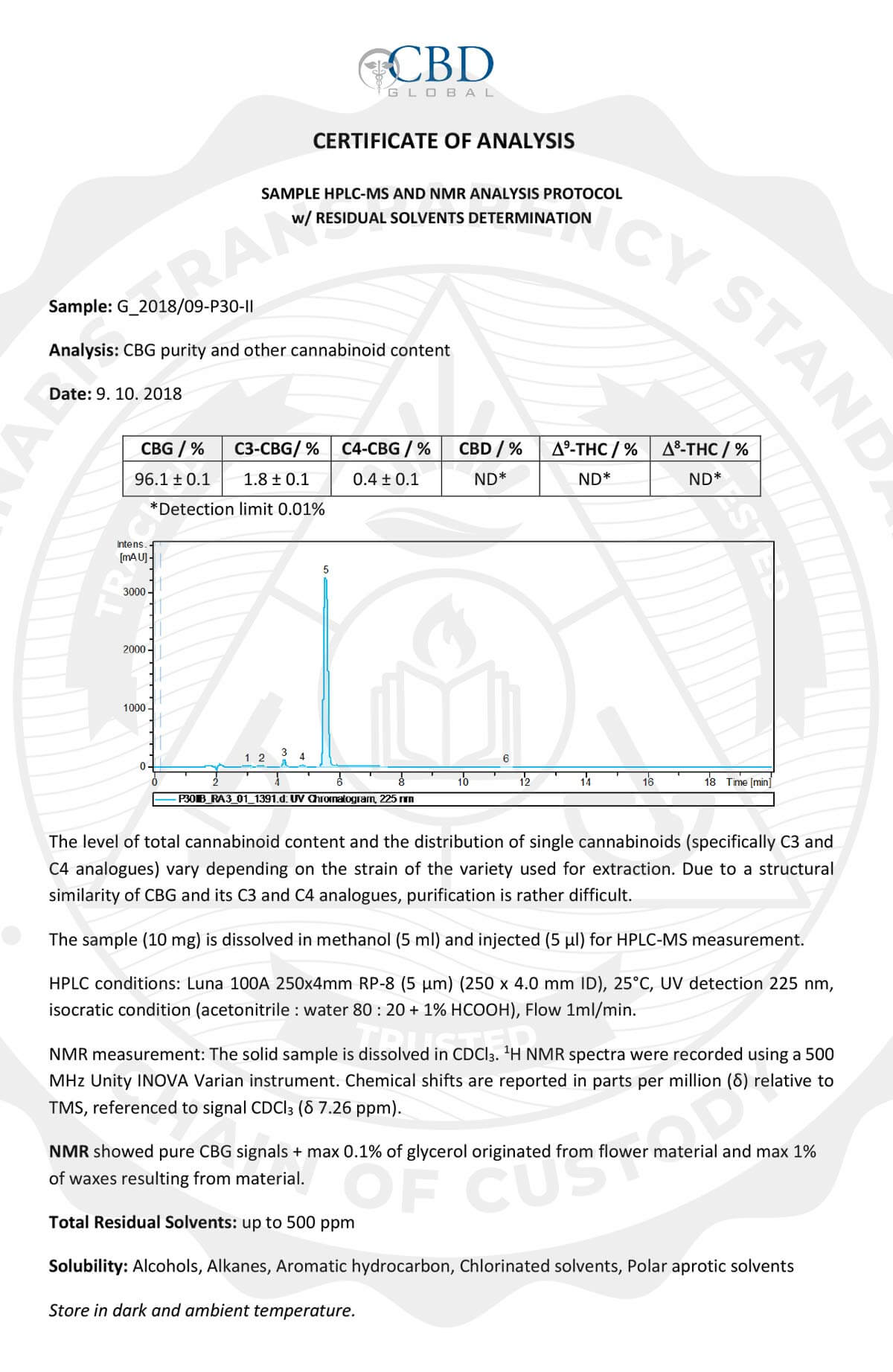
Whether acute or chronic, pain can have a significant impact on your everyday life and health.
Chronic pain can be especially debilitating because of its persistent and ongoing nature. The CDC estimates that 20.4% of US adults suffered from chronic pain in 2016, with 8% of adults experiencing high-impact chronic pain.
Chronic pain is one of the most common reasons why people seek medical attention, and it has been shown to impact daily activities such as work, reducing one’s quality of life, and increasing the likelihood of anxiety, depression, and dependence on opioids.
Could CBD products help with pain management? What does the research on the relationship of CBD and pain show? Read more to learn about the studies which show exciting potential for those who suffer from pain.
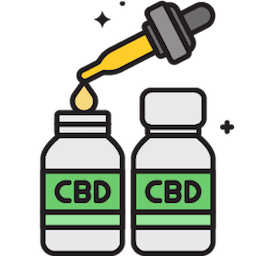 CBD as a Pain Treatment
CBD as a Pain Treatment
The rise of cannabis’s popularity has led to an increased interest in the varied uses of cannabis products, and CBD quickly gained notoriety for its health benefits. CBD, or cannabidiol, is an active compound found in cannabis. This active compound has demonstrated a range of therapeutic effects, including a significant analgesic action.
CBD’s reputation as a pain-reliever is growing. A recent Gallup poll found that of the 14% of Americans who reported using CBD products, 40% of them use CBD to treat pain. CBD doesn’t produce the “high” often associated with cannabis use, meaning that these individuals surveyed were only drawn to cannabis for its therapeutic benefits.
How Does CBD Work as a Pain Reliever?
CBD interacts and binds to a range of receptors in the body, and it is this interaction that is thought to be responsible for CBD’s potential analgesic action.
Clinical studies show that CBD interacts with the serotonin (5-HT)1A receptor. This interaction between CBD and serotonin receptors could be responsible for CBD’s pain-relieving properties.
Serotonin is a neurotransmitter that is most well-known for its ability to induce feelings of happiness, but serotonin has also demonstrated an ability to inhibit pain, particularly in patients suffering from chronic pain.
How Effective Is CBD as a Pain Reliever?
A 2018 meta-review of 104 pain-related studies found that 29% of the participants who were treated with some form of a cannabinoid, such as CBD, saw a 30% reduction in pain. It’s important to keep in mind that this analysis also involved data from studies using cannabinoids other than CBD, so more research is needed to fully realize CBD’s potential. Importantly, the meta-analysis found that there were no significant impacts on the physical or emotional functioning after consuming cannabinoids.
A 2018 survey study of 2,736 patients taking cannabis treatment found that 66.6% of patients consumed cannabis to treat their pain. After six months of treatment, those involved in the study reported a reduction of pain from an eight to a four on a 10-step pain scale.
Perhaps most impressive was that 18.1% of the participants in the study reported that they either stopped using opioid pain relievers completely or reduced their use since taking cannabis treatment. Although these results come from self-reported data and involved cannabis treatment as opposed to CBD treatment alone, it is indicative of the potential of CBD to treat pain.
Anti-Inflammatory Action of CBD

In addition to offering potential direct pain-relieving effects, CBD may also help people suffering from pain by reducing inflammation.
Inflammatory diseases like arthritis occur when there is inflammation in the joints, and this inflammation often results in stiffness, swelling, and pain. A reduction of inflammation can help to reduce pain levels, and pain relief medication is often given to patients suffering from inflammatory diseases.
CBD might help to ease the pain caused by inflammation by actually reducing inflammation. CBD has been shown to activate specific glycine receptors. 𝛼 GlyR is a glycine receptor that induces the glycinergic suppression of inflammation when activated, and CBD was shown in one study to enhance the expression of 𝛼 GlyR.
CBD has also been found to promote the signaling of the adenosine receptor A2A. Enhanced adenosine signaling results in an anti-inflammatory effect, so by enhancing the signaling of this receptor, CBD has the ability to decrease inflammation.
CBD May Help Reduce Opioid Use
Sufferers of chronic pain or painful diseases like arthritis are often prescribed opioids such as hydrocodone, codeine, or fentanyl. Although effective for relieving pain, opioid medications carry with them an increased risk of addiction and increased mortality risk.
Long-term pain, such as chronic pain, can also require an escalating opioid dose that places the patient at increased risk for respiratory depression, sedation, and overdose. It is thought that increased opioid exposure leads to neuronal changes which can cause increased feelings of pain. These changes cause the patient to build up a tolerance to opioids, requiring them to need high doses in time.
Cannabis treatments studied in the 2018 survey showed a reduction in opioid use of 18.1% of responders. This survey is a positive indication that cannabis treatment through cannabinoids, such as CBD, could help to reduce opioid dependency and may lower many of the risk factors associated with opioid use.
The side effects reported from CBD treatments are largely mild, especially when compared to those from opioid use. Occasional side effects from CBD treatment may include lethargy, decreased appetite, and drowsiness, but generally, CBD is considered a safe treatment option. In fact, The World Health Organization reports extensive controlled and open label trials demonstrating the potential therapeutic effects of CBD and notes it is well tolerated, with a “good safety profile”.
The Bottom Line: CBD as an Analgesic
With over 20% of US adults experiencing some form of chronic pain, there is a huge demand for safe and effective pain-relief options. While opioids are effective, they also come with serious side effects.
CBD offers potential as an analgesic because of its ability to increase serotonin levels and decrease inflammation, although more research is needed to determine just how effective CBD is at reducing pain levels. The minimum side effects also make this a potential treatment for those with inflammatory, chronic, or neuropathic pain.
There are many CBD products out there that might be right for you, including sublingual drops like these from MedRight™ that are an easy yet effective way to consume CBD. CBD is a well-tolerated treatment and could help you better manage your pain.


